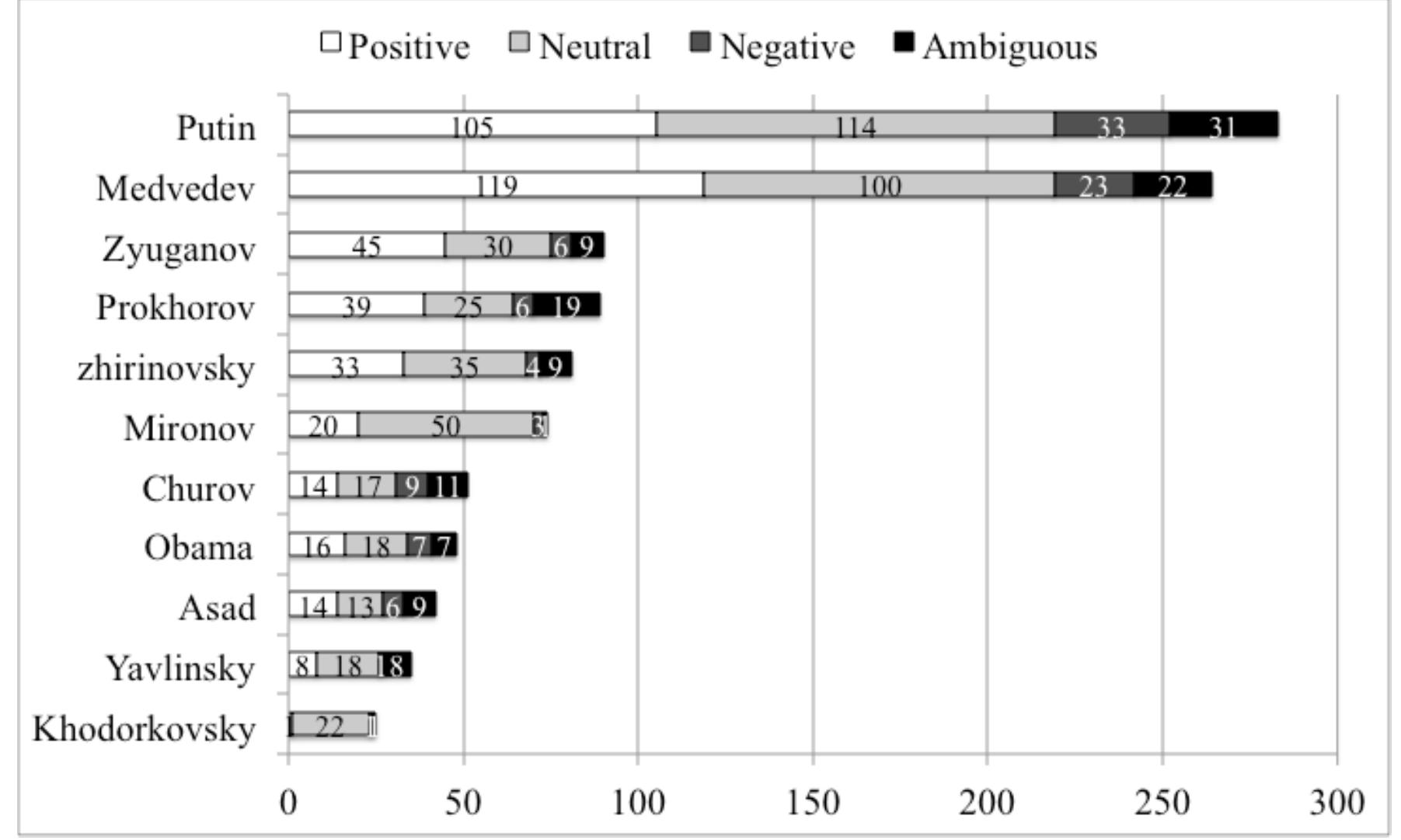Key research themes
1. How does Russian television mediate national identity, ethnicity, and inter-ethnic tensions in post-Soviet Russia?
This theme investigates the role of Russian state-aligned television in shaping discourses of nationhood, ethnicity, and race within a multi-ethnic post-Soviet context. It focuses on how television broadcasts act as tools of consensus management, negotiating between centralized state power, ethno-cultural diversity, and popular ethno-nationalism. The research underlines television's capacity to simultaneously reflect and construct notions of traditional Russian culture, tensions with ethnic minorities and migrants, and the state's struggles with its Soviet imperial legacy.
2. How does Russian television participate in framing political conflicts and state narratives during geopolitical crises?
This theme addresses the role of Russian television, especially state-controlled channels, in constructing and disseminating political frames during crises, such as the Ukraine conflict. It explores the interplay between television and the Russian Internet in shaping public opinion, how media frame ‘the other’, and the implications on information warfare and soft power. It also examines coverage of electoral politics and protest movements to reveal the mechanisms of media control and agenda-setting in an authoritarian context.
3. How has the evolution of Russian commercial television and entertainment industries shaped cultural hybridity and media globalization in Russia?
This research strand examines the development of Russia’s commercial television sector, particularly entertainment networks like STS, and their role in cultural hybridization by blending Western media formats with Russian content. It studies the negotiation between global media industry practices and local adaptation mediated by producers, executives, and national context, challenging simplistic models of Western media imperialism and revealing complex interactions within Russia's authoritarian capitalist media environment.












